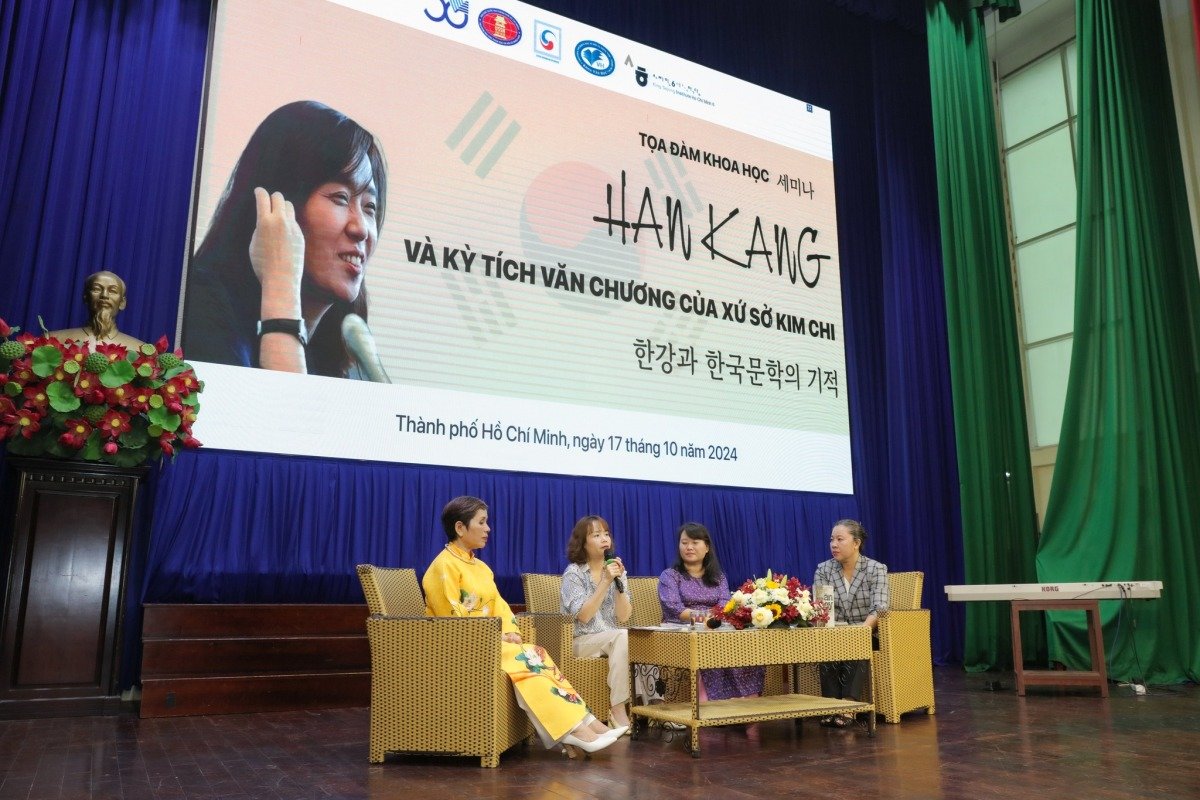[Contribution] Family reunions touch all Koreans
[Contribution] Family reunions touch all Koreans
Posted August. 24, 2000 13:21,
Mankind has a homing instinct to return to his roots. If man becomes older, he tends to become like child. This is the result of the homing instinct. All people, however great, have the same instinct.
Their roots can be their native towns or their families and relatives. They can be dreams of their childhood or smiles shared with their old friends. And there are endless, familiar stories without ending. Therefore, the roots imbue vigor into the life for comfortable and peaceful living.
In the case of the homogeneous Korean people, who have maintained solid family and kinsman systems for such a long time, the concept of roots has particular meaning.
From this standpoint, the people who suffered the biggest pains are the displaced families since Korea was divided in 1945. Had they foreseen such a long separation, they would not have left their hometowns. So much so that, the agony of the family separation is all the more great, and their agony evokes the heart-felt sympathy from the entire people.
The number of displaced family members is said to reach 10 million. But in a sense, all the 70-million Korean people are part of the dispersed families. This is because they are our remote relatives, friends and neighbors from a broad perspective.
This is also because the Korean people are a huge kinship group tied with a web of relationships. Hence, are there any Korean people who can extricate themselves from the network?
There are many nations whose peoples consist of many races. In such countries, the people have different religions and languages, and marriages between the same ethnic groups are prevalent. As such, the bonds that tie such nationals are their common economic interests rather than their cultural homogeneity or kinship.
But this is not our case. And this is why the mere emphasis on economic matters is not suitable to our reality. We should bear in mind that reunification is the most original human desire for binding the 70 million Korean people as a single national community.
From this viewpoint, the reunions of the separated kin and inter-Korean exchanges should be continued and expanded as the key program of the unification tasks.
Watching the heartbreaking scenes of the family reunions, filled with emotions, we were moved to dwell upon, once again, who are our countrymen and what is reunification. Even though the South and the North waged an internecine war, there is little reason not to forgive the wrongs of brethren because the Korean people already have forgiven the cruel Japanese imperialists. The family-reunion event is in a sense quite a very unnatural event to show to the international community.
The two Koreas will be able to maintain coexistence and overcome their ideological and cultural differences. From a far-reaching perspective, the two Koreas can create a more affluent culture taking advantage of these differences. If inter-Korean reconciliation and cooperation is continued, its synergistic effects will become great beyond imagination.
Korean history of today is directing toward reunification, not cold war. Now is the time for the 70-million people to open their minds and come to think that they should take the lead in achieving reunification.
Han Young-Woo/ Dean of College of Humanities at the Seoul National University
Headline News
- Presidential Office signals possible offensive weapons aid to Ukraine
- N. Korea reportedly prepares military balloon attack with Russia
- Medical associations join bipartisan talks on expanding medical school quotas
- Former world No. 1 Ko Jin-young returns to LPGA
- Kakao unveils AI service ‘Kanana’ at 'if Kakao AI 2024'







